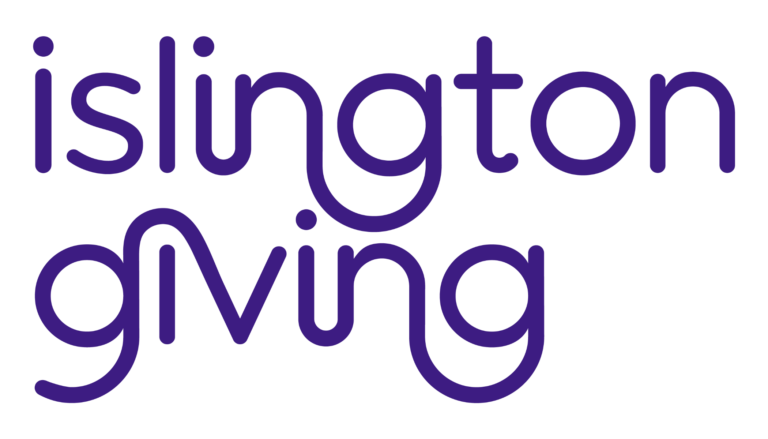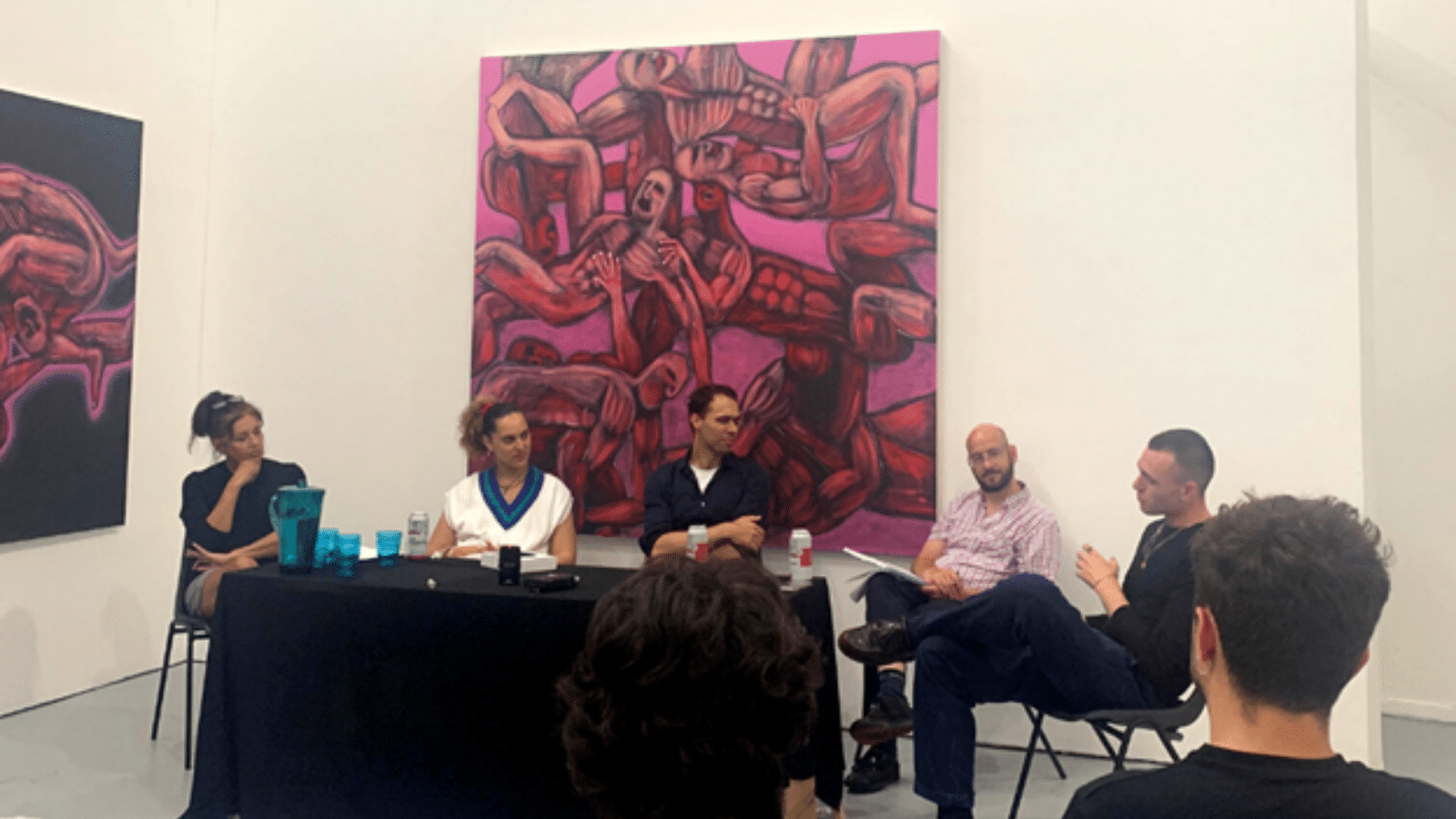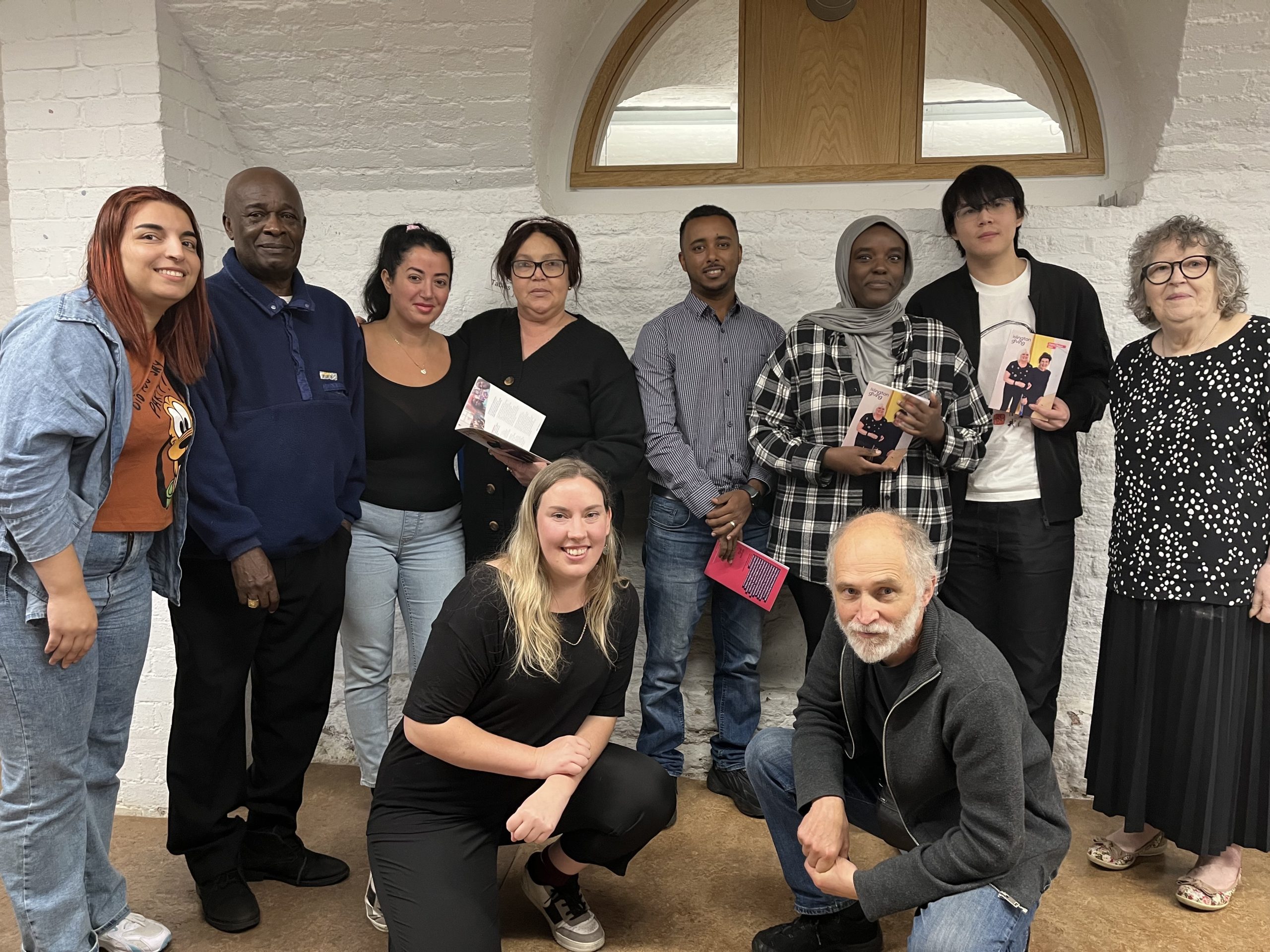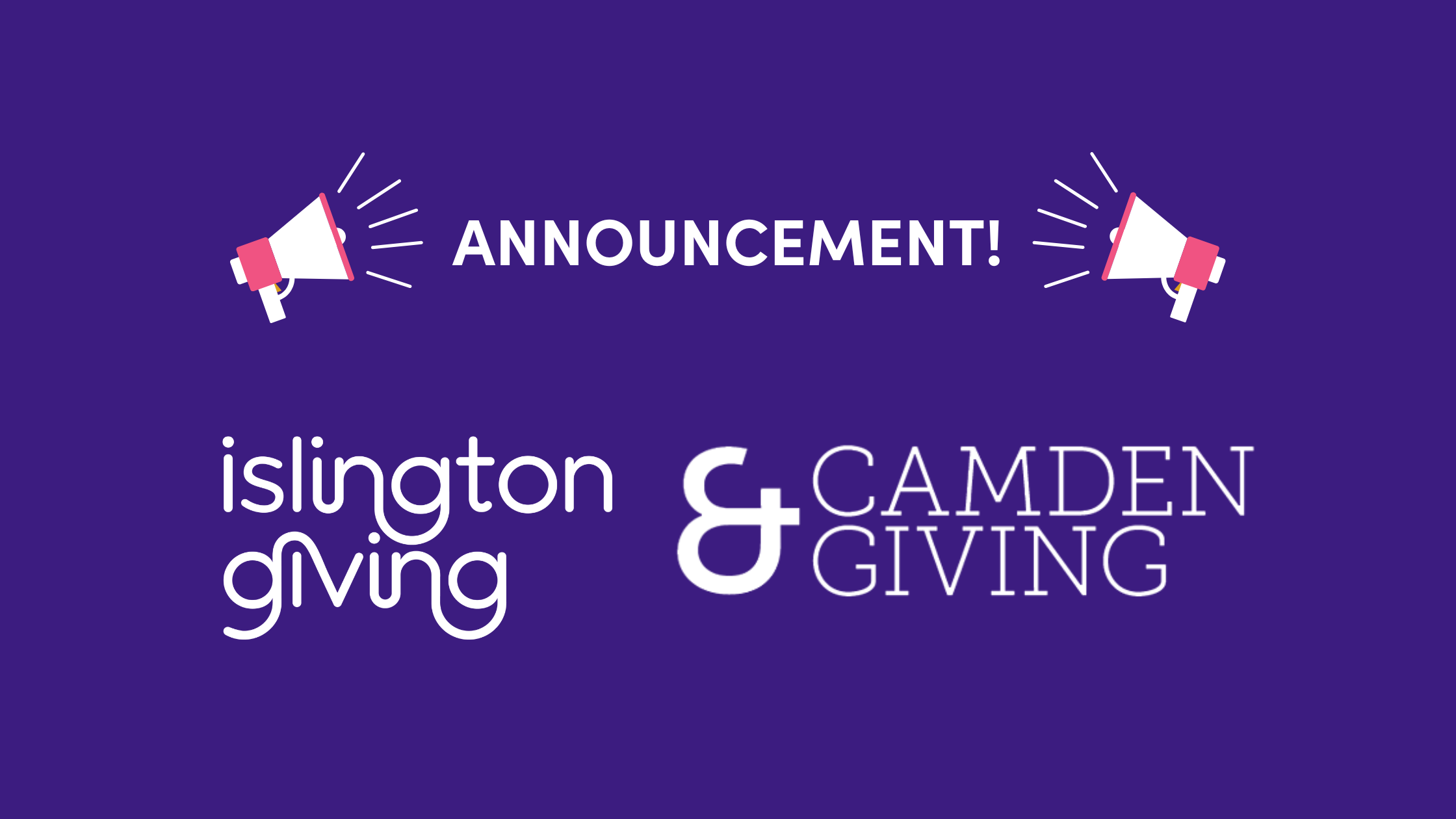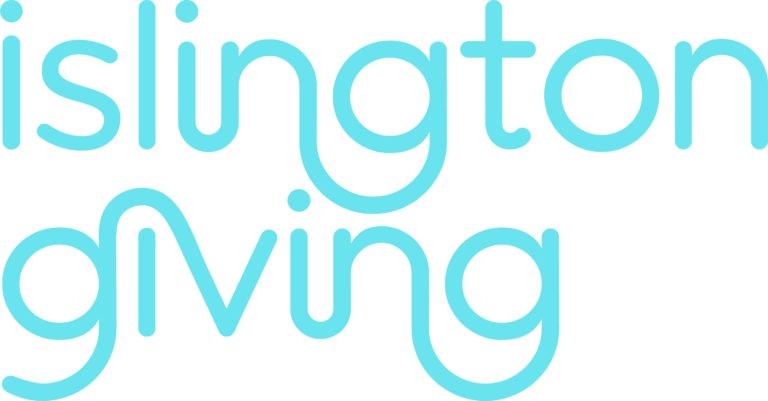As part of a discussion around ‘Art and the Male Mental Health Crisis’ at the Bomb Factory Art Foundation a few weeks ago, Patrick Jones, one of our Programme Managers at Islington Giving, talked about mental health in Islington and some Islington Giving-funded projects that are making a difference.
“I think a lot of people aren’t aware of the deep issues that exist in Islington, because people see it in a quite superficial way, there are lots of places to go out and people come here to socialise, drink and have a good time”, explained Patrick, and continued, “that in itself can create a divide, you’re walking down the street and you are struggling and see other people having fun and enjoying themselves, that’s a very stark contrast”.
Patrick presented an overview of the mental health situation in Islington, “We have some of the highest levels of mental ill health in the UK, and the highest levels of depression in London. What we know about men, in terms of toxic masculinity, is that they are less likely to disclose mental health issues and they are less likely to be referred, when they’re referred they are less likely to take up those referrals, so in terms of access, all around that is a real issue”. And added, “then we know that the outcomes of that [lack of access to mental health services] are increased severity, increased crisis, and this is even more so for particular ethnicities”.
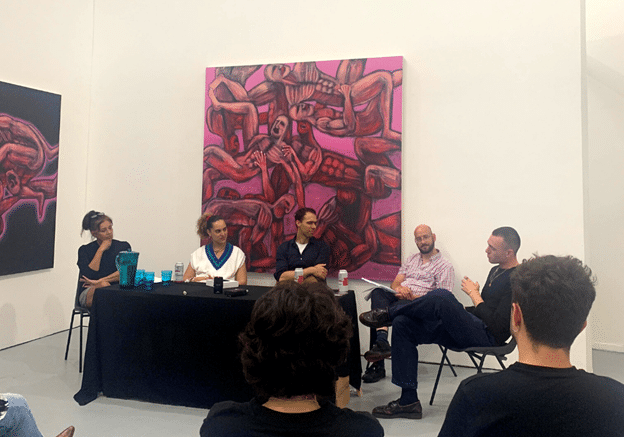
Exhibiting artist Marcus Nelson in conversation with Tim Shaw, artist and founder of Hospital Rooms, Patrick Jones, Programme Manager at Islington Giving, and Hélène Selam Kleih, writer and founder of HIM + HIS, for a discussion into the role of art in the male mental health crisis.
Children and young people are particularly vulnerable to mental health issues in Islington, “ 1 in 8 children have a diagnosed mental health problem and over half of them are not accessing treatment, which is even higher for Black and minority ethnic children”, explained Patrick.
At Islington Giving we wanted to do something about it, so in 2018 we created the Mental Health Challenge Fund as a means to test new approaches to support people that we know struggle to access traditional forms of mental health support. One project that we supported through that fund is run by Brandon Centre, an organisation that provides counselling for young men in Camden and Islington. “In this project, the counsellors go to where people are, young men predominantly, that spend 90% of their time in their bedroom, up most of the night, on the internet and not getting help. The counsellors go in and work with these young people on their terms, at a time that they want, at a place that they want”, said Patrick.
Patrick also explained the positive outcomes of the project, “So far we’ve worked with 67 young people (45 of them from minority ethnic communities) and we have an 81% engagement rate, with an average attendance of 14 sessions per person, which shows real and sustained engagement”.
Watch the full discussion and see artist Marcus Nelson’s pieces.
